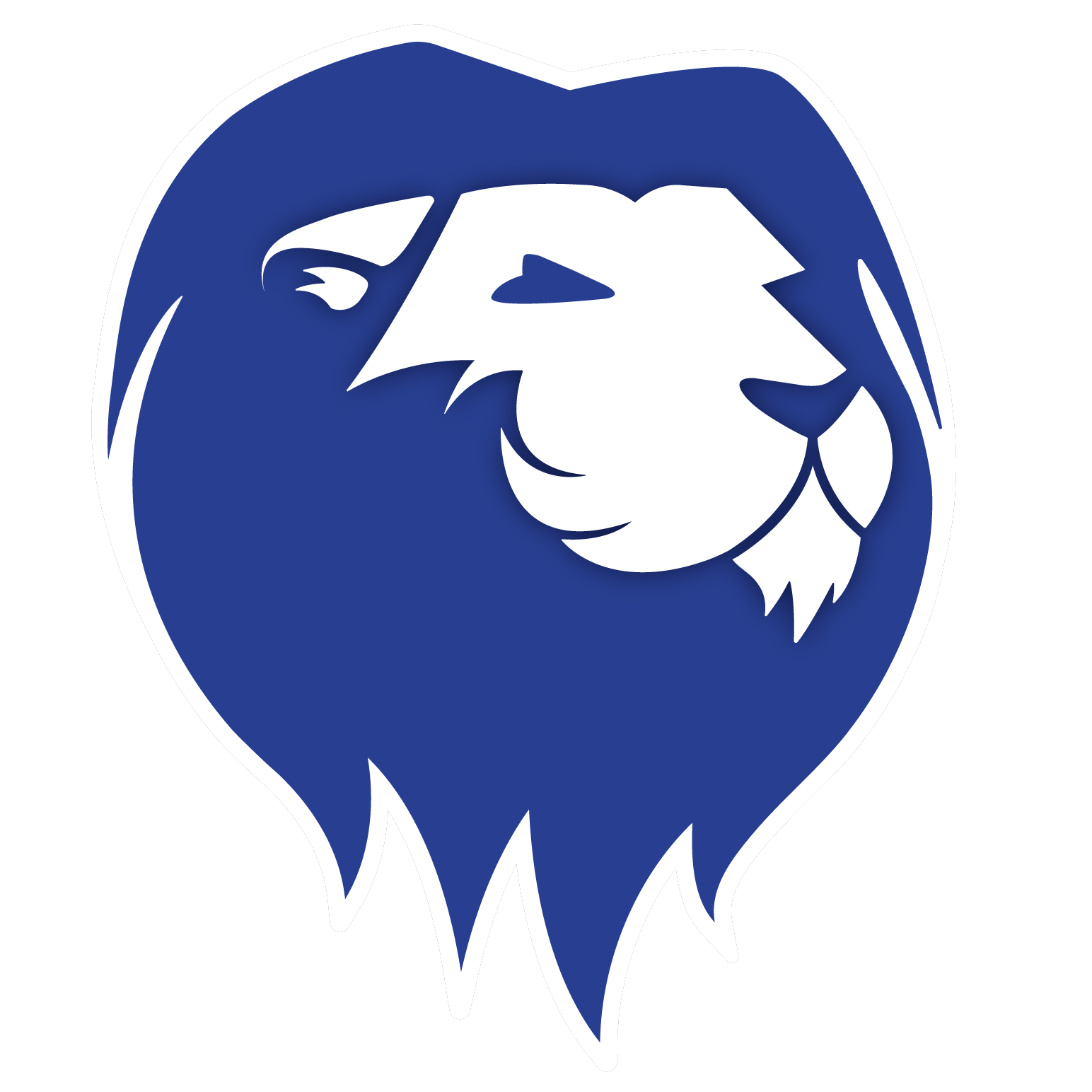> CATALOG > COMPUTER SCIENCE
COMPUTER SCIENCE
BCIS 1305 - BUSINESS COMPUTER APPLICATIONS
Introduces and develops foundational skills in applying essential and emerging business productivity information technology tools. The focus of this course is on business productivity software applications, including word processing, spreadsheets, databases, presentation graphics, data analytics, and business-oriented utilization of the internet.
BCIS 1305 is included in the Business Field of Study.
Introduces and develops foundational skills in applying essential and emerging business productivity information technology tools. The focus of this course is on business productivity software applications, including word processing, spreadsheets, databases, presentation graphics, data analytics, and business-oriented utilization of the internet.
BCIS 1305 is included in the Business Field of Study.
Upon completion, students will be able to:
Describe the fundamentals of information technology concepts – hardware, software, security, and privacy.
Demonstrate proper file management techniques to manipulate electronic files and folders in local, network, and online environments.
Create business documents with word processing software using spelling and grammar check, format and layout, tables, citations, graphics, and mail merge.
Create business documents and analyze data with spreadsheet software using (1) tables, sorting, filtering, charts and graphics, pivot tables, macros; (2) statistical, financial, logical and look-up functions and formulas; and (3) add-ins.
Create business multimedia presentations with presentation software using templates, lists, groups, themes, colors, clip art, pictures, tables, transitions, animation, video, charts, and views.
Create databases and manage data with database software using tables, fields, relationships, indexes, keys, views, queries, forms, reports, and import/export functions.
Integrate business software applications.
Use web-based technologies to conduct ethical business research.
Use “goal seeking” and “what-if analysis” to solve problems and make adjustments/recommendations in a business environment.
Grade Basis: AL
Credit Hours: 3
Lecture hours: 32.0
Lab hours: 32.0
COSC 1436 - PROGRAMMING FUNDAMENTALS I
This course introduces the fundamental concepts of structured programming, and provides a comprehensive introduction to programming for computer science and technology majors. Topics include software development methodology, data types, control structures, functions, arrays, and the mechanics of running, testing, and debugging. This course assumes computer literacy.
This course is included in the Field of Study Curriculum for Computer Science.
This course introduces the fundamental concepts of structured programming, and provides a comprehensive introduction to programming for computer science and technology majors. Topics include software development methodology, data types, control structures, functions, arrays, and the mechanics of running, testing, and debugging. This course assumes computer literacy. This course is included in the Field of Study Curriculum for Computer Science.
Upon completion, students will be able to:
Describe how data are represented, manipulated, and stored in a computer
Categorize different programming languages and their uses
Understand and use the fundamental concepts of data types, structured programming, algorithmic design, and user interface design
Demonstrate a fundamental understanding of software development methodologies, including modular design, pseudo code, flowcharting, structure charts, data types, control structures, functions, and arrays
Develop projects that utilize logical algorithms from specifications and requirements statements
Demonstrate appropriate design, coding, testing, and documenting of computer programs that implement project specifications and requirements
Apply computer programming concepts to new problems or situations
Grade Basis: L
Credit Hours: 4
Lecture hours: 48.0
Lab hours: 32.0
COSC 1437 - PROGRAMMING FUNDAMENTALS II
This course focuses on the object-oriented programming paradigm, emphasizing the definition and use of classes along with fundamentals of object-oriented design. The course includes basic analysis of algorithms, searching and sorting techniques, and an introduction to software engineering processes. Students will apply techniques for testing and debugging software.
This course is included in the Field of Study Curriculum for Computer Science.
This course focuses on the object-oriented programming paradigm, emphasizing the definition and use of classes along with fundamentals of object-oriented design. The course includes basic analysis of algorithms, searching and sorting techniques, and an introduction to software engineering processes. Students will apply techniques for testing and debugging software.This course is included in the Field of Study Curriculum for Computer Science.
Upon completion, students will be able to:
Identify and explain a programming development lifecycle, including planning, analysis, design, development, and maintenance
Demonstrate a basic understanding of object-oriented programming by using structs and classes in software projects
Use object-oriented programming techniques to develop executable programs that include elements such as inheritance and polymorphism
Document and format code in a consistent manner
Apply basic searching and sorting algorithms in software design
Apply single- and multi-dimensional arrays in software
Use a symbolic debugger to find and fix runtime and logical errors in software
Demonstrate a basic understanding of programming methodologies, including object-oriented, structured, and procedural programming
Describe the phases of program translation from source code to executable code
Grade Basis: L
Credit Hours: 4
Lecture hours: 48.0
Lab hours: 32.0
Prerequisites:
COSC 1436 - PROGRAMMING FUNDAMENTALS I
COSC 2425 - COMPUTER ORGANIZATION
The organization of computer systems is introduced using assembly language. Topics include basic concepts of computer architecture and organization, memory hierarchy, data types, computer arithmetic, control structures, interrupt handling, instruction sets, performance metrics, and the mechanics of testing and debugging computer systems. Embedded systems and device interfacing are introduced.
This course is included in the Computer Science Field of Study Curriculum.
The organization of computer systems is introduced using assembly language. Topics include basic concepts of computer architecture and organization, memory hierarchy, data types, computer arithmetic, control structures, interrupt handling, instruction sets, performance metrics, and the mechanics of testing and debugging computer systems. Embedded systems and device interfacing are introduced.
This course is included in the Computer Science Field of Study Curriculum.
Upon completion, students will be able to:
Explain contemporary computer system organization
Describe data representation in digital computers
Explain the concepts of memory hierarchy, interrupt processing, and input/output mechanisms
Measure the performance of a computer system
Design and develop assembly language applications
Explain the interfaces between software and hardware components
Explain the design of instruction set architectures
Develop a single-cycle processor
Explain the concept of virtual memory and how it is realized in hardware and software
Explain the concepts of operating system virtualization
Grade Basis: L
Credit Hours: 4
Lecture hours: 48.0
Lab hours: 32.0
Prerequisites:
COSC 1436 - PROGRAMMING FUNDAMENTALS I
COSC 2436 - PROGRAMMING FUNDAMENTALS III
Further applications of programming techniques, introducing the fundamental concepts of data structures and algorithms. Topics include data structures (including stacks, queues, linked lists, hash tables, trees, and graphs), searching, sorting, recursion, and algorithmic analysis. Programs will be implemented in an appropriate object-oriented language.
This course is included in the Field of Study Curriculum for Computer Science.
Further applications of programming techniques, introducing the fundamental concepts of data structures and algorithms. Topics include data structures (including stacks, queues, linked lists, hash tables, trees, and graphs), searching, sorting, recursion, and algorithmic analysis. Programs will be implemented in an appropriate object-oriented language. This course is included in the Field of Study Curriculum for Computer Science.
Upon completion, students will be able to:
Design and develop programs that implement basic data structures, including stacks, queues, linked lists, hash tables, trees, and graphs
Apply recursive techniques and algorithms to solve problems
Implement searching and sorting algorithms
Understand algorithm efficiency, Big-O notation, and why it should be considered in programming
Analyze and select appropriate data structures to implement a solution to a problem
Design and implement data structures using classes and incorporating object-oriented concepts
Demonstrate best practices of software development including testing, validation, and documentation
Grade Basis: L
Credit Hours: 4
Lecture hours: 48.0
Lab hours: 32.0
Prerequisites:
COSC 1437 - PROGRAMMING FUNDAMENTALS II


